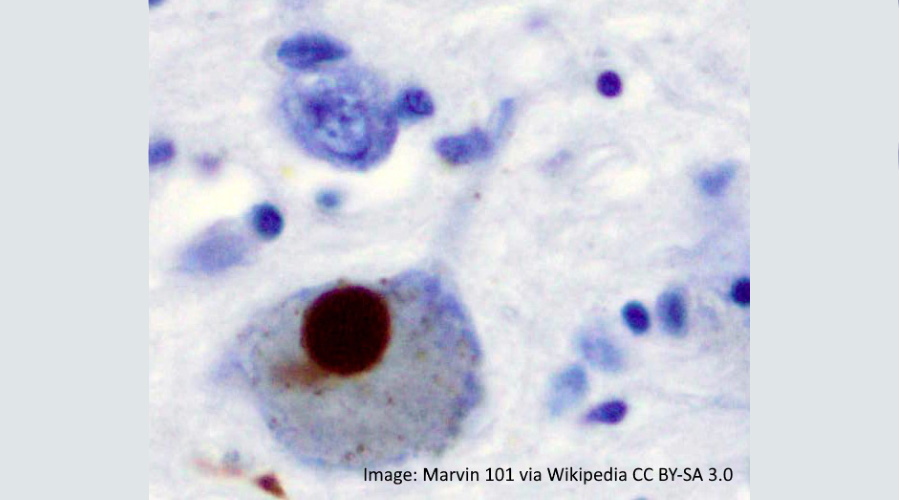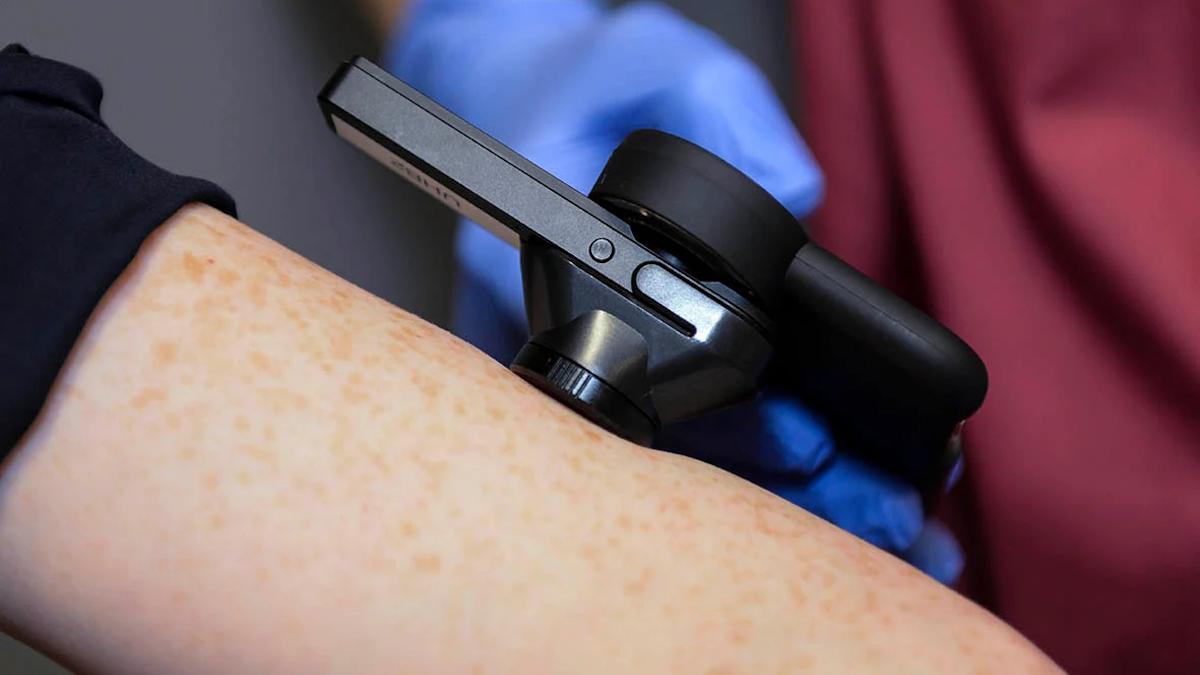PreciseDx AI diagnostic can detect early-stage Parkinson's

Diagnosing Parkinson's in the earliest stages before symptoms become serious is a major challenge in medicine, and digital health company PreciseDx thinks it may have a solution to the problem.
The Mount Sinai Health System spinout has developed an artificial intelligence-powered digital pathology system that it says can accurately diagnose Parkinson's in the early stages, when symptoms may be varied and it may be confused with other conditions.
For now, the only way to definitively diagnose Parkinson's is by looking at the brain post-mortem. If PreciseDx digital approach is backed up in further studies it could allow early diagnosis and treatment and help patients stave off symptoms for longer.
The company's digital diagnostic – known as Morphology Feature Array (MFA) – can accurately diagnose Parkinson's in living patients prior to severe onset of symptoms, according to the study, which was supported by The Michael J Fox Foundation and has been published the in the journal Acta Neuropathologica Communications.
One of the pathological features of Parkinson's is the clumping of alpha-synuclein proteins in the central nervous system and a microscopic feature known as Lewy-type synucleinopathy (LTS) which is detected post-mortem by a immuno-histochemical (IHC) staining technique.
PreciseDx's diagnostic relies instead on peripheral nerve tissue taken from the salivary glands of the living patient, using AI to look for LTS and other morphological features in IHC that could indicate Parkinson's.
It's already been established that salivary gland tissue may be a used in this way, but the availability of trained pathologists makes routine use of this technique as a diagnostic unviable.
The company's AI algorithm was trained using pathologist annotation of the training samples, and then validated using a set of test samples, revealing it offered 99% sensitivity and 99% specificity compared to expert evaluation.
According to PreciseDx, the AI actually outperformed human pathologists when it came to predicting Parkinson's status, with an accuracy of 0.69 versus 0.64.
"Traditionally, pathology grading systems look at a few morphology components to make a diagnosis," said Mount Sinai scientist John Crary, who led the study of the AI.
"Unlike any human-powered grading method, [MFA] can examine thousands of different features and leverage those relationships between them," he continued, adding: "this industry-changing study has shown that we need to revitalise the way we think about pathology and lean into using AI to detect diseases more accurately."
PreciseDx has focused in the past on cancer, using its MFA platform to diagnose breast cancer in its early stages through analysis of tissue biopsies.
In January it raised $10.8 million in a series A financing led by the Merck Global Health Innovation Fund (Merck GHI) to help prepare the technology for market and fund research into additional disease applications.












